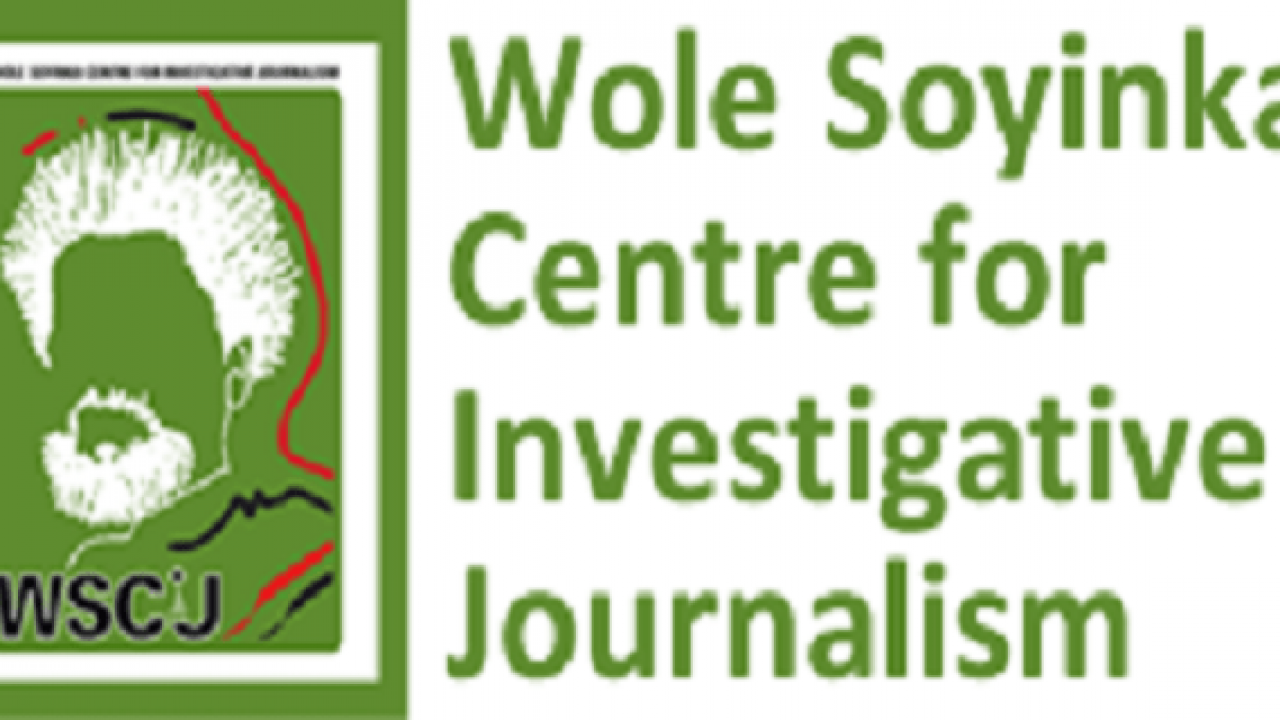Wole Soyinka award for investigative journalism opens for entries
Entries have opened for the annual award for investigative reporting by the Wole Soyinka Centre for Investigative Journalism (WSCIJ). The 2020 award will reward works that explore the intersection between Sustainable Development Goals (SDGs) and Covid19. The choice of focus area for the 15th edition of the award programme is due to the fact that […]

Entries have opened for the annual award for investigative reporting by the Wole Soyinka Centre for Investigative Journalism (WSCIJ).
The 2020 award will reward works that explore the intersection between Sustainable Development Goals (SDGs) and Covid19.
The choice of focus area for the 15th edition of the award programme is due to the fact that Covid19 has exacerbated problems of poverty, hunger, education, health and inequalities between female and male persons among others, that Nigeria faces as the country marks its 60th independence anniversary.
A pioneer initiative dedicated to promoting investigative journalism, the award, was first held in 2005 to build a culture of investigative reporting for Nigeria’s nascent democracy and honour journalists who expose public or corporate corruption, human rights abuses and regulatory failures.
Stories from the print, online, photo, cartoon, television and radio genres of the media, published between 4th October 2019 and 3rd October 2020 are qualified to apply.
The deadline for submission of entries is Saturday, 24 October 2020 by 4pm.
From the 4th of October when the award call for application opens, all reporters who meet the necessary entry criteria may submit their works on the online portal – www.award.wscij.org.
Accepted works will be collated and scored based on quality of investigation, evidence, human rights elements, ethical reportage, courage, individual creativity, public interest, impact and quality of presentation.
WSCIJ will use its award coding system and engage a panel of judges from diverse fields with good understanding of investigative reporting and its public policy implications.
“The COVID-19 pandemic has equally aggravated the challenges the Nigerian media face. The sustainability of newsrooms in Nigeria and the welfare of journalists are threatened,” said Motunrayo Alaka, executive director of the centre.
“Therefore, investigative reporting along with the freedom of speech and good governance it engenders are endangered too. More than ever before, it is important to celebrate and encourage reporters who stood their place as frontline workers in this time of crisis.”
